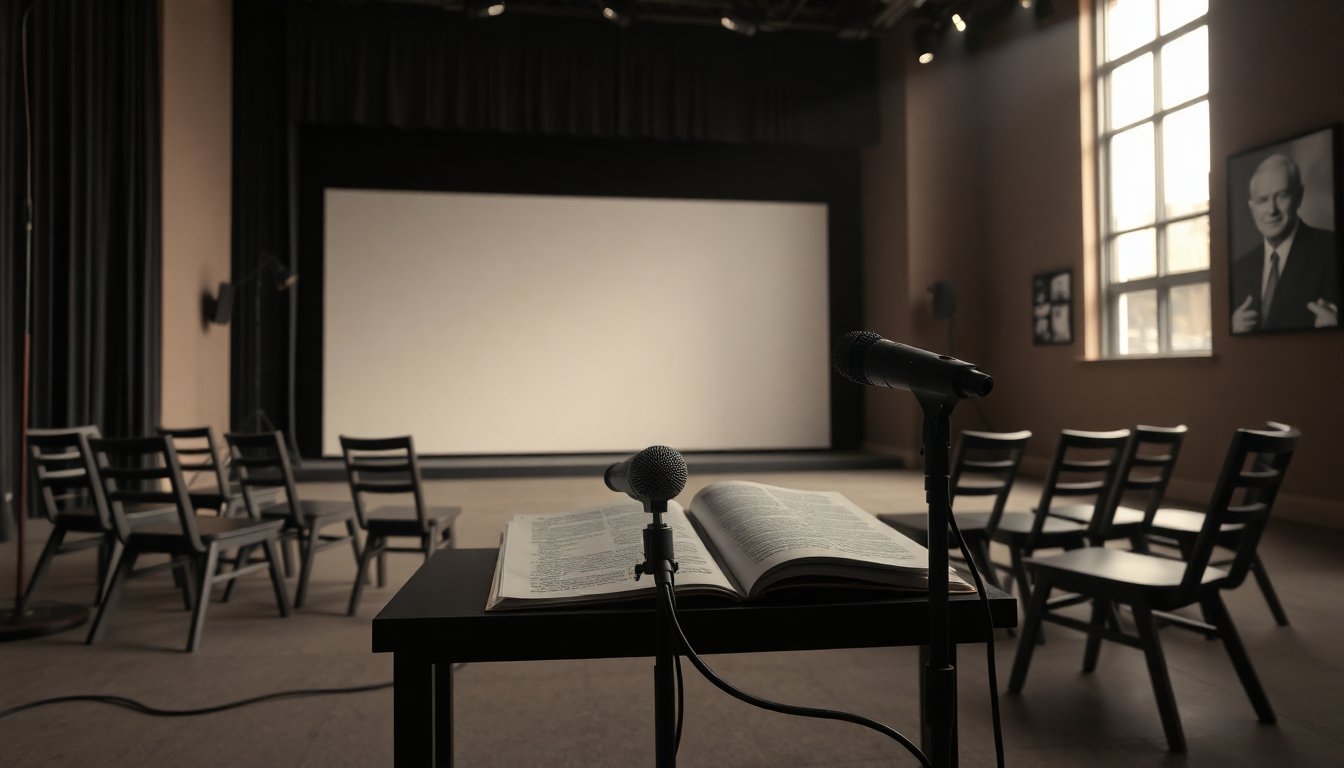Table of Contents
In a significant development for television, Jimmy Kimmel has announced a permanent pause on his acclaimed series, “Live In Front of a Studio Audience.” This decision comes in the wake of the passing of television icon Norman Lear in 2023, whose influence on sitcoms is profound. Kimmel’s reflections on the emotional burden of continuing the series without Lear highlight the deep connection between storytelling and personal loss.
The Legacy of Norman Lear and Its Impact
Norman Lear’s contributions in the 1970s initiated a paradigm shift in television, merging humor with poignant social commentary. Kimmel expressed that continuing the series without Lear would be “too emotional,” underscoring the respect he holds for Lear’s legacy. The specials, which received critical acclaim and multiple Emmy Awards, effectively addressed timeless issues through comedy.
The show’s format of reviving classic episodes from Lear’s collection, including notable moments from “All in the Family” and “The Jeffersons,” served not only as a nostalgic experience but also as a reminder of the enduring relevance of these stories. Kimmel’s first special featured a recreation of “Henry’s Farewell” from “All in the Family,” highlighting how these narratives continue to resonate with modern audiences, illustrating that the human experience remains unchanged over time.
A Journey Through Awards and Recognition
Kimmel’s recent accomplishments at the Creative Arts Emmys, where he received the award for Game Show Host for “Who Wants to Be a Millionaire?”, further exemplify his ongoing contributions to television. Reflecting on his career, he recounted his surprise at winning his first Emmy during the early days of Comedy Central. This experience not only shaped his career but also offered a unique perspective on the evolution of television programming.
During his acceptance speech, Kimmel honored Regis Philbin, the original host of “Who Wants to Be a Millionaire?” He recognized Philbin’s essential role in the show’s success, asserting that it may not have achieved such cultural significance without his distinctive style. Kimmel’s admiration for Philbin adds depth to his understanding of television’s impact on society and culture.
The Future of Late Night and Its Challenges
As Kimmel considers the future of his late-night talk show, he reflects on the changes he has observed over the past nine years. He humorously addressed speculation regarding his retirement, emphasizing that each day presents new challenges and adventures. This adaptability is crucial in a landscape where late-night television continually evolves, influenced by societal changes and viewer preferences.
Kimmel’s role as a leading voice in late-night television positions him at the forefront of discussions on political and social issues. He acknowledges the weight of this responsibility but prioritizes offering entertainment and commentary through humor. His ability to navigate these complex themes while engaging audiences showcases his skill as a host.
In conclusion, while Kimmel’s decision to pause “Live In Front of a Studio Audience” is rooted in personal sentiment, it reflects a broader understanding of television’s role in addressing societal themes. The legacy of Norman Lear continues to shape contemporary storytelling, reminding us that while formats may change, the essence of the narrative remains constant.


